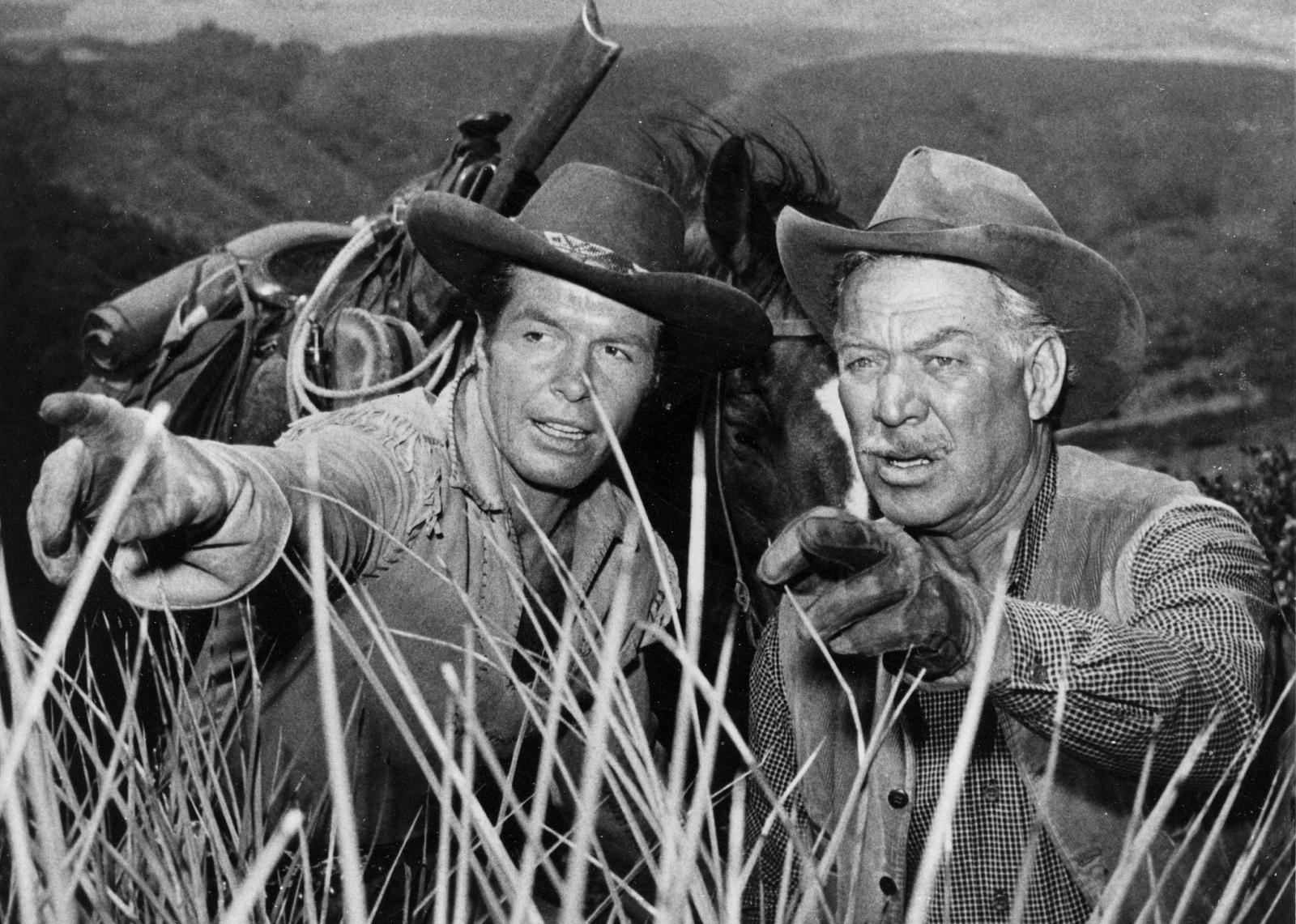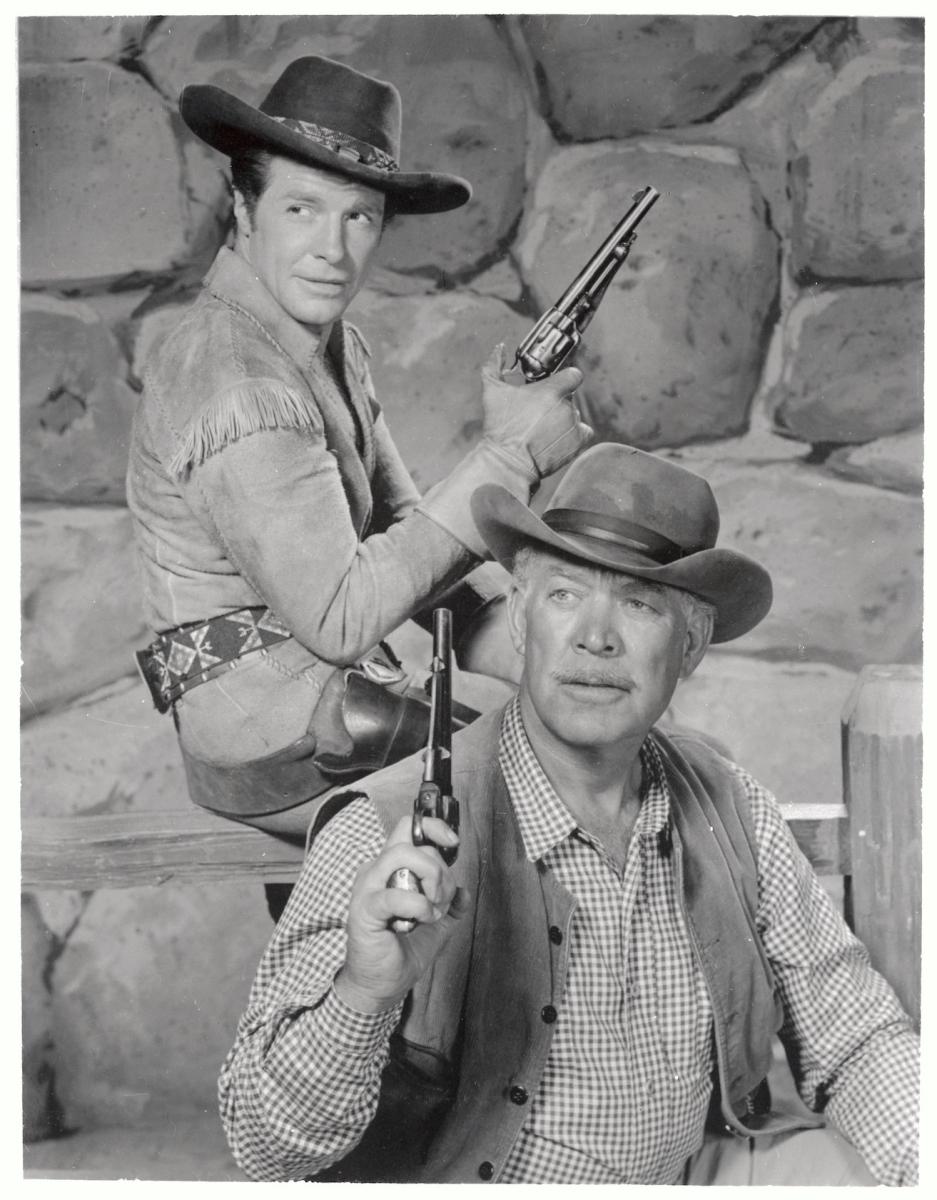How Was Ward Bond's Death Explained on Wagon Train?

Fans of classic television still talk about Wagon Train, a show that practically defined the Western genre on the small screen.
It ran for eight seasons from 1957 to 1965, becoming one of the most popular programs of its time, regularly topping ratings just behind Gunsmoke. The series followed a wagon train of pioneers traveling from Missouri to California after the Civil War, with each episode typically focusing on guest characters joining the journey.
At the center of it all, at least for the first few years, was Ward Bond, who played the gruff but dependable wagon master, Major Seth Adams. Bond was a familiar face to audiences, thanks to his long association with John Wayne and director John Ford. He appeared in Ford's most iconic films, including The Searchers and Fort Apache, often playing tough, no-nonsense men. On Wagon Train, Bond brought that same gravitas to the role, becoming the anchor of the show.
But then, midway through season four, Ward Bond died unexpectedly — and the series made a decision that still feels abrupt decades later.
The Sudden Death of Ward Bond

Ward Bond died of a massive heart attack on November 5, 1960, while staying at a hotel in Dallas with his wife. He was only 57. His death was a shock not just to the audience, but also to the cast and crew of Wagon Train. The production was in full swing on its fourth season, and Bond's absence left a massive hole in the show's dynamic.
Contrary to some rumors, Bond did not die on set or during production. Still, the timing couldn't have been worse for the show's continuity. There was no time to prepare, no carefully planned exit for his character.
And that's exactly how the producers handled it — by doing nothing at all.
How Was Ward Bond's Death Explained on Wagon Train?

Here's the craziest part of it all: Ward Bond's character, Major Seth Adams, simply vanished from Wagon Train with no explanation. One episode he was there, the next he was gone, and that was that. The show didn't acknowledge his death, didn't address the character's fate, and never even mentioned his absence within the story.
John McIntire was brought in as the new wagon master, playing Christopher Hale. He joined the cast seamlessly, as though the baton had been passed offscreen.
McIntire himself was already a respected character actor, later famous for his role in The Virginian, and he managed to fill the leadership void without trying to replicate Bond's style.
But for longtime viewers, the lack of closure was jarring. Fans have speculated for years whether it was a creative decision, a studio directive, or simply a product of an era where TV shows avoided drawing attention to uncomfortable realities.
The Fate of Mary Lou May
Bond's personal life had its own postscript worth noting. His wife, Mary Lou May, was his secretary and business manager before they married in 1954. Her later years ended in tragedy — she was an invalid by the late 1980s, and her smoking habit proved fatal. In 1988, at 73, she accidentally set her bed on fire while smoking, unable to escape the flames due to her health condition. She died from burns, closing a sad chapter connected to the Bond family story.